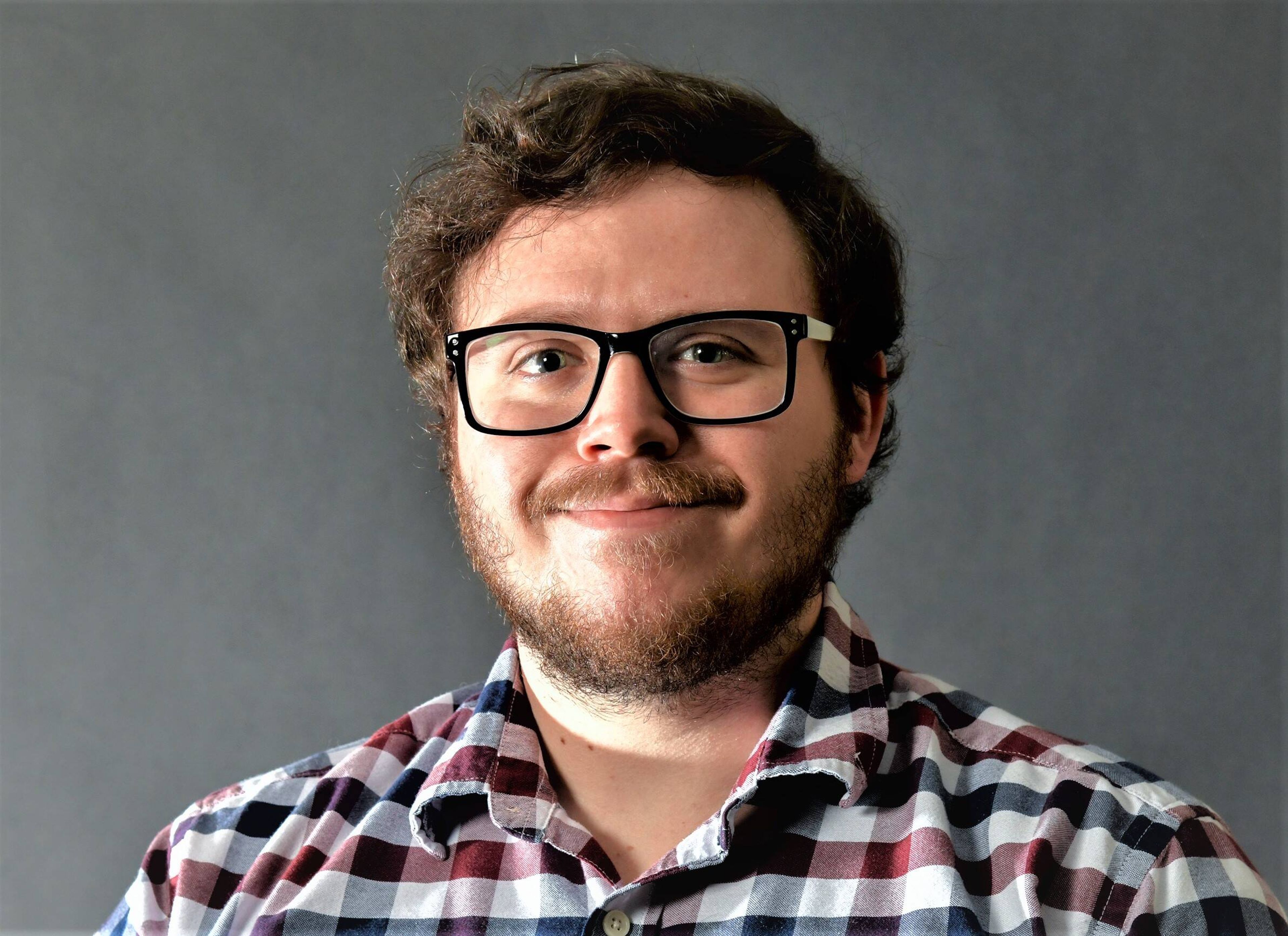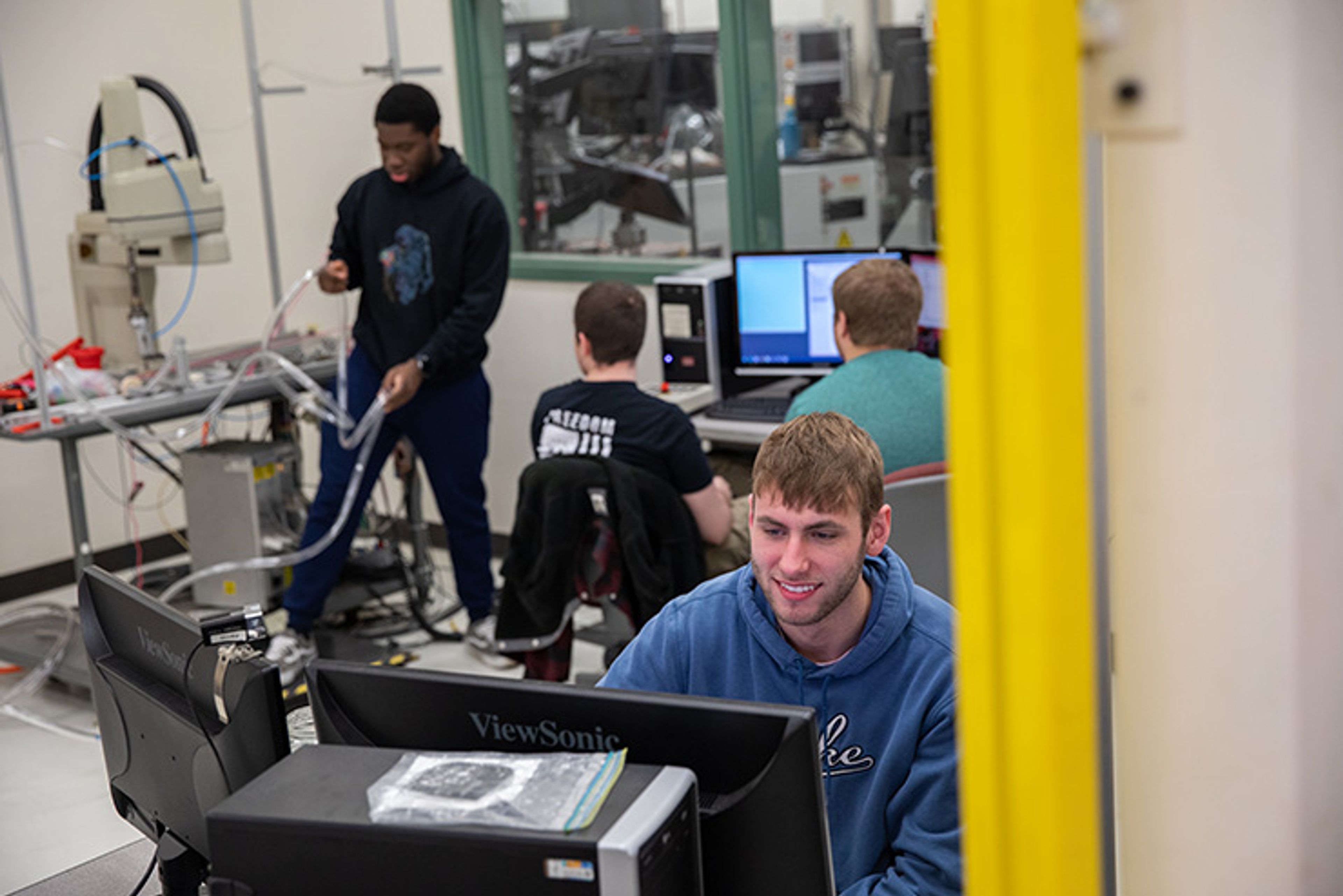Cape Girardeau Public Schools boost teacher retention with competitive benefits and supportive culture
Cape Girardeau Public Schools see a 2.2% rise in teacher retention, hitting 82.7%, by offering competitive salaries, extensive benefits and a supportive work culture.
The Cape Girardeau Public School District Board of Education discussed the evaluation of the district’s culture, climate and staff retention for the 2023-24 school year during Monday night’s July 22, meeting.
The district touted a retention rate of 82.7% during the past school year, a 2.2% increase from the 2022-23 school year. The retention rate only applies to classroom teachers.
To keep teachers around, the district focuses on its continuous school improvement plan (CSIP) goal, which is to “create and sustain a positive culture and practices to recruit, retain and reward highly qualified personnel.”
“We recognize the importance of building a supportive environment and listening to our employees,” CGPS superintendent Dr. Howard Benyon said. “When people feel valued and respected, they are more likely to thrive.”
According to data from the Missouri State Teachers Association (MSTA), CGPS ranks fourth in the southeast region of the state in terms of starting teacher salaries. Cape teachers start at $40,357 a year, which is just behind the Ste. Genevieve ($42,500), Park Hills Central ($42,000) and Farmington ($41,000) school districts.
Additionally, teachers within the district are offered multiple board-paid benefits that help with staff retention, including free employee health insurance, tuition reimbursement for one course every five years and a fully paid gym membership. The district also does prize drawings every six weeks for teachers with perfect attendance, along with two “grand prize” drawings during the June board meeting.
“We have excellent benefits,” said Dr. Brice Beck, CGPS deputy superintendent for K-12 education. “I've worked for five different school districts over the life of my career, and I can honestly tell you we offer the most extensive, fully board-paid benefits here at Cape (Girardeau) Public Schools than anywhere I've ever been.”
Other steps the district takes to improve retention include hosting first- and second-year teacher events twice yearly, creating partnerships with local universities to “maximize teacher candidate placements” and participating in the Rising Educators Club, which is the district’s “Grow-Your-Own” program.
“It's something that encourages young students to enter the teaching profession if they're interested in doing so,” Beck said. “... That focuses on kids that already have enough of an idea when they leave post-secondary that they want to go to a teacher prep program and become a teacher. We have a whole curriculum that supports that program.”
Based on his evaluation, Beck gave the district an “average” rating because its retention rate fell less than 1% short of its 3% goal.
“The ‘average’ rating was given by me because we increased retention, but it wasn't ‘above average’ because we didn't truly meet the target goal,” Beck said. “We did show improvement, but we didn't either hit or exceed the level we wanted to be at.”
For the 2024-25 school year, CGPS hopes to achieve an 85% retention rate and, by doing so, will be able to collect a three-year running average for the first time.
The board also discussed the district’s leadership rounding sessions, which allow teachers to provide feedback on their experiences throughout the school year. During the 2023-24 school year, Beck said administrators did five rounding sessions with teachers who have two to four years of experience.
“We focused on that group to get feedback because those are your staff members that are either newer to your district, or they haven't tenured with your district yet,” Beck said. “So you'd like to know what they think about the operations piece of it.”
Beck said the district will be “rounding with all employees in every different job category across the district.”
According to Beck, staff members who participated in rounding sessions said they felt supported by their building administrative teams and working within their grade-level or content teams and believe the administration is building a positive culture. Additionally, participants felt well supported as new teachers and by the district’s teacher support specialists.
There were areas participants felt the district could improve on, as well, including reducing the processing time for professional development requests, educating staff on benefits and finding solutions to combat the shortage of substitute teachers.
CGPS is taking steps to address employee concerns by adding two academic coordinators to help reduce professional development request processing time, providing better education on staff benefits, increasing pay for substitutes and adding a column in the district’s salary scale to include doctoral degrees.
Connect with the Southeast Missourian Newsroom:
For corrections to this story or other insights for the editor, click here. To submit a letter to the editor, click here. To learn about the Southeast Missourian’s AI Policy, click here.











